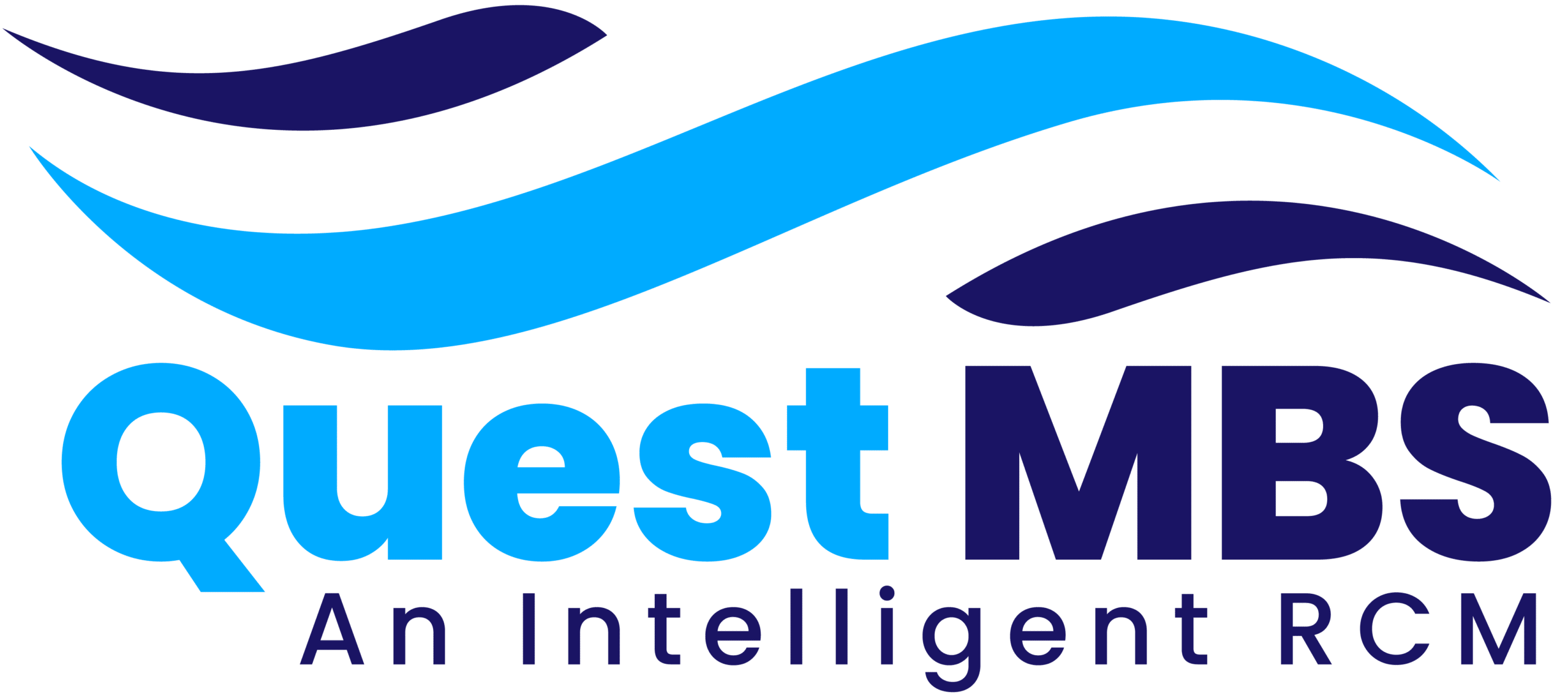Introduction: Evolving Landscape of Claim Denials
Claim denials are one of the most persistent challenges in the healthcare revenue cycle. As payer rules grow more complex and healthcare regulations continue to evolve, managing denials effectively has become more critical than ever. The future of claim denials is being shaped by advancements in technology, data analytics, and automation—all aimed at reducing revenue leakage and improving provider reimbursements. For healthcare organizations to thrive, they must anticipate trends, adopt smart tools, and embrace proactive denial prevention strategies.
Root Causes: Understanding the Denial Problem
Before projecting the future, it’s important to understand the present. Most denials occur due to missing information, incorrect coding, eligibility issues, lack of prior authorizations, or non-compliance with payer-specific guidelines. Many of these errors are preventable, but without robust systems in place, they slip through and result in lost or delayed payments. The complexity of value-based care models, increased regulatory scrutiny, and frequent payer policy changes further contribute to the growing volume of denials.
Technological Transformation: The Rise of Automation
One of the most significant trends shaping the future of claim denials is automation. Manual billing processes are prone to error and delay. Automated claim scrubbing, eligibility verification, and coding systems are becoming essential to ensure clean claim submissions. These tools reduce human error, flag issues before claims are sent, and dramatically improve first-pass acceptance rates. As automation becomes more refined, healthcare providers will experience fewer preventable denials and faster turnaround times on payments.
Predictive Analytics: From Reaction to Prevention
Advanced analytics tools now enable organizations to predict denials before they happen. By analyzing historical data, payer behavior, coding patterns, and documentation quality, these platforms can identify high-risk claims. Predictive models score claims based on the likelihood of denial and provide actionable insights to correct issues proactively. This shift from reactive denial management to proactive prevention is key to future-proofing healthcare billing operations.
Artificial Intelligence: Intelligent Denial Resolution
AI is rapidly being integrated into revenue cycle workflows. AI-driven denial management systems can categorize denials, identify root causes, recommend fixes, and even auto-correct common errors. These systems learn from past data to improve accuracy and speed. With AI assistance, billing teams can focus on complex denials while routine cases are handled by the system. This results in a faster appeals process and a more efficient use of staff time.
Real-Time Eligibility and Coverage Verification: First Line of Defense
Verifying a patient’s insurance coverage and benefits in real time is one of the most effective ways to reduce denials. New platforms offer instant access to payer data, allowing front-desk staff to verify details at the time of scheduling or check-in. These tools confirm coverage, co-pays, deductibles, and prior authorization requirements. As payer networks evolve, real-time verification will become a non-negotiable standard to eliminate eligibility-related denials.
Integrated EHR and Billing Systems: Closing the Loop
Disjointed systems cause gaps in documentation, coding, and billing. The future points to tighter integration between EHRs and billing software. When systems communicate seamlessly, they ensure that data flows accurately from clinical encounters to billing claims. Integrated platforms support coding compliance, reduce duplication, and streamline documentation. This alignment is critical in value-based care models where clinical and financial outcomes are closely tied.
Compliance and Audit Readiness: Staying Ahead of Regulations
Regulatory compliance continues to be a leading factor in claim acceptance. As rules around documentation, coding, and billing tighten, providers must stay vigilant. Tools that monitor compliance in real time and offer up-to-date coding guidelines will become increasingly valuable. These systems also maintain audit trails, helping practices prepare for payer audits or regulatory reviews without scrambling for records.
Denial Management Dashboards: Visibility and Control
A major trend is the emergence of intelligent dashboards that give billing teams visibility into denial trends. These dashboards categorize denials by payer, reason, frequency, and dollar amount. They highlight recurring issues and prioritize high-value claims for rework. By having this real-time insight, teams can optimize workflows, assign tasks strategically, and track progress against KPIs. The future of denial management will be data-driven and highly transparent.
Training and Human Oversight: The Human-Tech Balance
While technology plays a huge role, skilled human oversight remains essential. Billing teams must understand payer policies, stay current on code updates, and handle complex appeals. As systems become more automated, the role of staff will shift toward oversight, analysis, and strategic planning. Ongoing training and certification will be necessary to keep up with the tools and rules of modern denial management.
Telehealth and New Care Models: Adapting to Change
The rise of telehealth and hybrid care models introduces new challenges in billing. Coding for virtual visits, platform-specific documentation, and variations in payer acceptance require special attention. Denials related to telehealth are expected to rise unless organizations adapt their workflows and tools accordingly. Future billing platforms will need to accommodate evolving care formats and ensure consistent claim acceptance across modalities.
Payer Collaboration: Improving the Dialogue
In the future, payers and providers will collaborate more closely to reduce denials. Shared portals, automated status updates, and clearer policy communication will streamline the process. Transparency in medical necessity criteria and faster feedback loops will help reduce back-and-forth rework. Building trust and cooperation between both parties will be vital for smoother operations and reduced friction.
Cloud-Based Denial Management: Scalability and Accessibility
Cloud-based billing platforms are becoming the norm. These systems offer accessibility, scalability, and real-time updates. For denial management, cloud solutions provide centralized dashboards, automatic updates on payer rules, and secure storage for appeals and documentation. They also facilitate team collaboration across locations, which is essential for growing practices or multi-site organizations.







